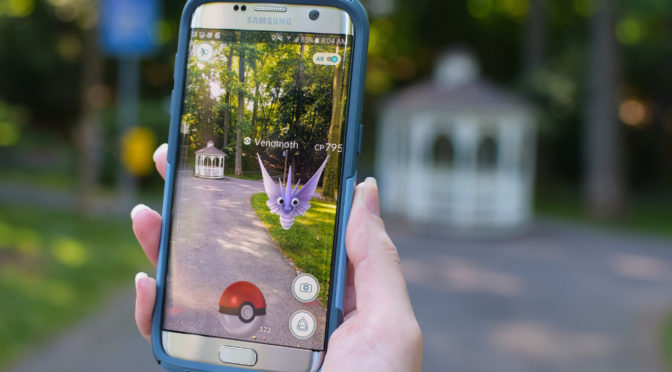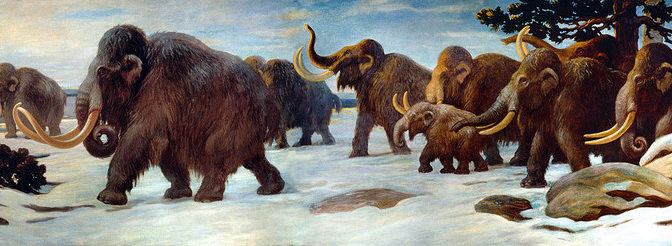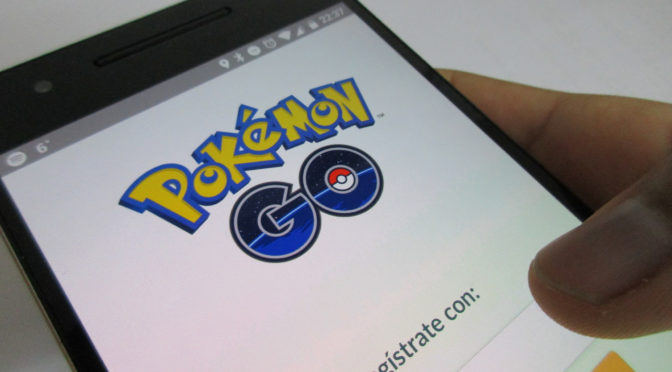The number of headlines — and Facebook memes — about Pokémon Go suggest that the game has reached craze status, but could it be more than just a fad? As one of the first augmented reality applications to make it to the mainstream, Pokémon Go may mean more for the virtual and augmented reality industries than a bunch of people wandering around the park trying to find Pikachus. It could be the birth of a brand new industry.
To help us look at the game craze in context, as well as offer some predictions about the future of Pokémon Go, AR, and VR, we brought in S. Shyam Sundar, Distinguished Professor of Communications and co-director of the Media Effects Research Laboratory, to offer his insights on this now global phenomenon.
Matt Swayne: What’s the difference between augmented reality — AR — and virtual reality — VR?
S. Shyam Sundar: The difference lies in the degree to which they incorporate the real world. In VR, the entire environment is artificially created, while in AR, artificial elements are superimposed on the real world, creating a mixed reality. In VR, the user enters a virtual world whereas in AR, objects from the virtual world enter the real world.






